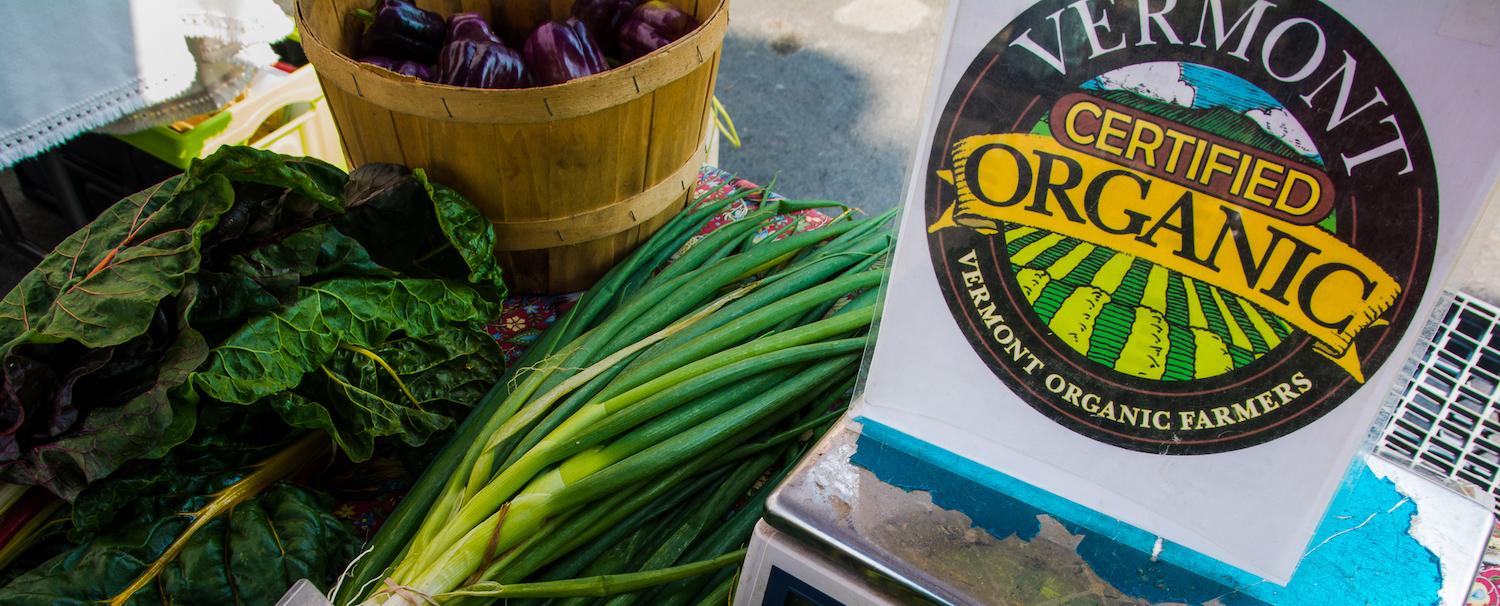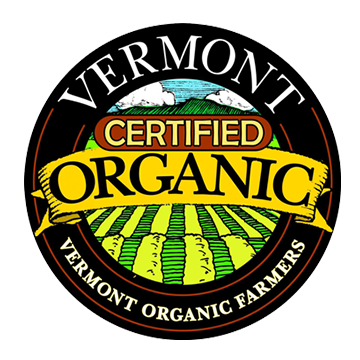Do I Need to Be Certified?
If you want to represent your product as organic you need to be certified unless you qualify for one of the following exemptions:
Small Organic Farms & Businesses
If your farm or business’ gross income from organic sales does not exceed $5,000 annually, you are not required to be certified in order to use the term “organic”. However, you must follow the National Organic Program regulations. If you do not obtain the certification you cannot use the term “certified organic” and you cannot use the USDA or VOF logo. In addition, you may not sell your products as ingredients for use in someone else’s certified organic product. This exemption allows small organic farms and businesses to sell directly to consumers without getting certified.
Brokers, Distributors, & Traders
If you receive certified organic products and distribute them in the same wholesale or retail containers without opening, reconstituting, altering, repackaging, processing, or relabeling the products you do not need to be certified.
Individuals or operations that solely provide a transportation service for organic unpackaged products (hay, grain, livestock, etc.) do not need to be certified provided the transportation is described under the certified operations approved organic system plan.
Retail Food Establishments
If you run a grocery store, restaurant, or other retail food establishment you do not need to be certified. You may sell certified organic products as long as those products are not opened and processed. If your retail operations processes certified organic products on-site you must meet the USDA labeling requirements and prevent commingling with non-organic products and contact with prohibited substances. If you do not obtain certification you cannot use the term “certified organic” and you cannot use the USDA or VOF logo
Exempt Handling Operations
If your business only processes products that contain less than 70 percent organic ingredients (excluding salt and water) or only identifies organic ingredients on the product’s information panel, it does not need to be certified. However, you must meet the USDA labeling requirements and prevent commingling with non-organic products and contact with prohibited substances and maintain records for at least three years that prove that the quantity of organic products sold were organically produced and handled.

